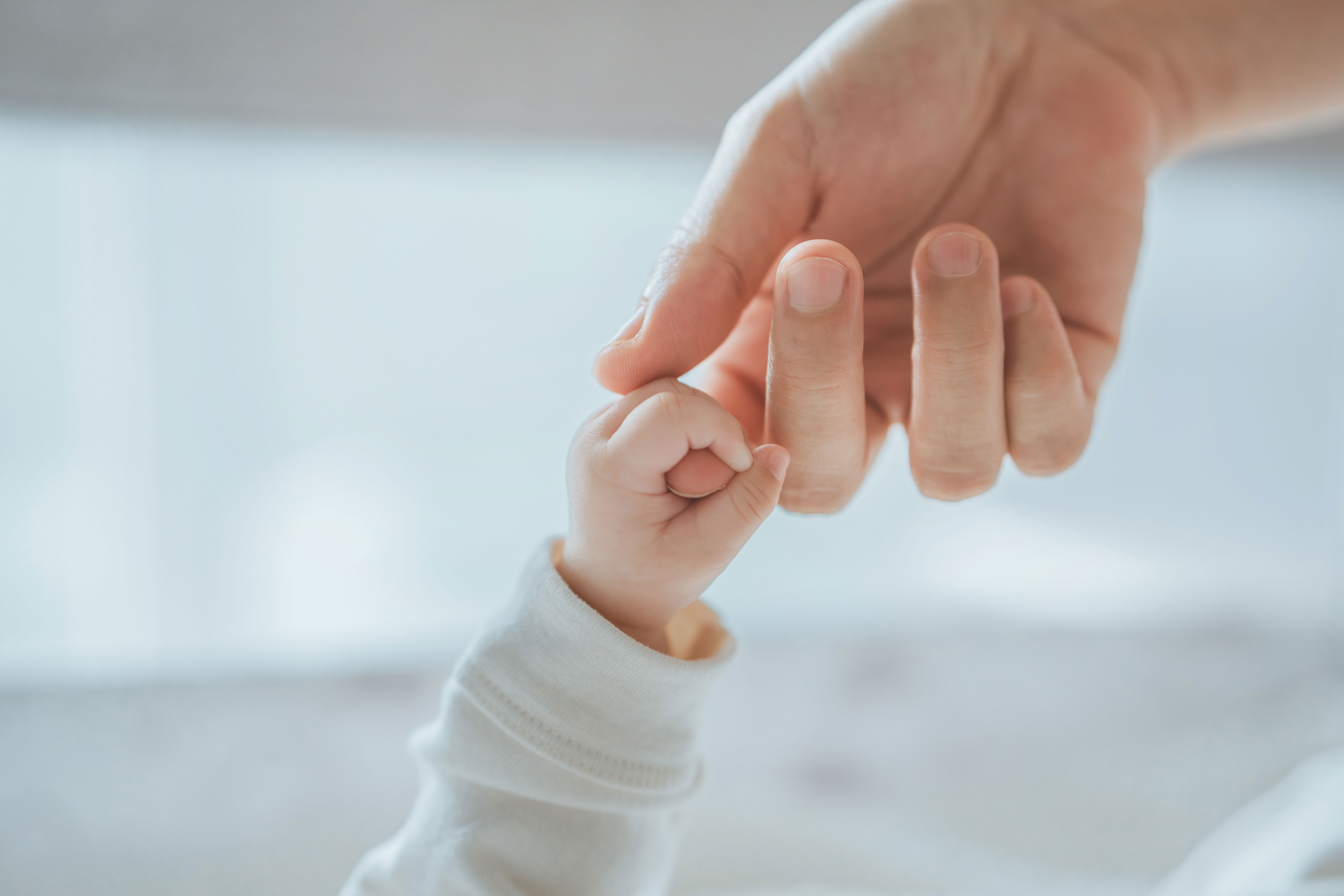The Secret of Unconditional Love
Unconditional love can only be given. When we love unconditionally, we give of ourselves without expecting anything in return. It’s not about needing love, agreement, or acceptance from the other person — it's simply about being present and offering love freely.

To feel truly safe, we need to be in the presence of someone who doesn’t need something from us — someone who sees us as we are, not as a source of their fulfillment. When love is truly unconditional, nothing is required. It becomes a pure, mutual exchange — a beautiful flow where giving and receiving become the same thing. But when someone projects a need onto us — for love, validation, agreement — we stop being seen for who we truly are. We become a reflection of their need. And when that happens, we adapt, often unconsciously, in order to survive, i.e., stay connected. We shift, contort, or hide ourselves, which distances us from our authentic being. That’s why unconditional love is not just a concept — it’s real. It's tangible. It exists beyond the limitations of the mind.
Conditional love, by contrast, is a mental construct — it’s based on fear, expectation, and judgment. It says, “You’re worthy if...” and attaches requirements to our humanity. Conditional love carries fear — fear of rejection, fear of not being enough, fear of loss. But fear and love cannot coexist. That’s how we know conditional love is not real. Unconditional love belongs to the field of infinite possibility. It’s limitless — and therefore, more real than anything constructed by thought. To love without conditions, we must live in the present moment. We must release our judgments, our labels, our interpretations.
Unconditional love makes us real, because it’s rooted in who we truly are. Conditional love distorts us into who someone else wants us to be. Many of us, as infants, experienced our first encounter with unconditional love — not all of us, but many. And we often give that kind of love when we’re with babies, or with animals, or in nature — where there are no expectations, no roles, just presence. In those moments, we love without constructs — we love purely. That love doesn’t come from outside us; it comes from within. It’s who we are. We are made of it.
I strive to embody unconditional love. I know it’s already inside me. The love I received from my foster Mom and Dad Riggs — it stayed with me because it mirrored what was already within me. As a child, they reflected back my own essence, and that brought me deep joy. Now, I want to live from that place. To be that love. Not just feel it occasionally, but offer it as much as I can — naturally, freely. And that means examining all the conditions I’ve placed on people, situations, even memories. Releasing those judgments so I can return to a state of unconditional acceptance. This is why I’m here. This is who I am. I know it because I heard it when God spoke to me saying, “Everything that happens is right.” That message was about unconditional love. And just remembering that truth expands my capacity to share it. I don’t need to do anything special — just give it. But I also want to teach it. I want to help others remember that they too can love without conditions. That they can return to that part of themselves — even just for a moment — and be fully present, especially with a hurting child. More people need to know how to show up that way. So many are hurting. And everything around us feels so conditional. But beyond all that is who we really are: beings made of unconditional love. We lived from it as children — before the world taught us otherwise. And we can find our way back. Together, we can create a world where we’re safe with each other, where we are safe to be ourselves. A world where children can grow, because the adults around them have grown into their capacity to love.